Reliable Grading Inspections to Ensure Quality and Compliance
Gradings are a fundamental part of land development and construction projects, ensuring proper drainage, stability, and preparation of the terrain. Accurate grading can prevent water accumulation, erosion, and structural issues, making it a crucial step in site preparation. Proper grading involves shaping the land to meet specific elevation and slope requirements, which can vary based on the project's purpose.

Showcases a professionally graded lot with precise slopes and drainage channels.
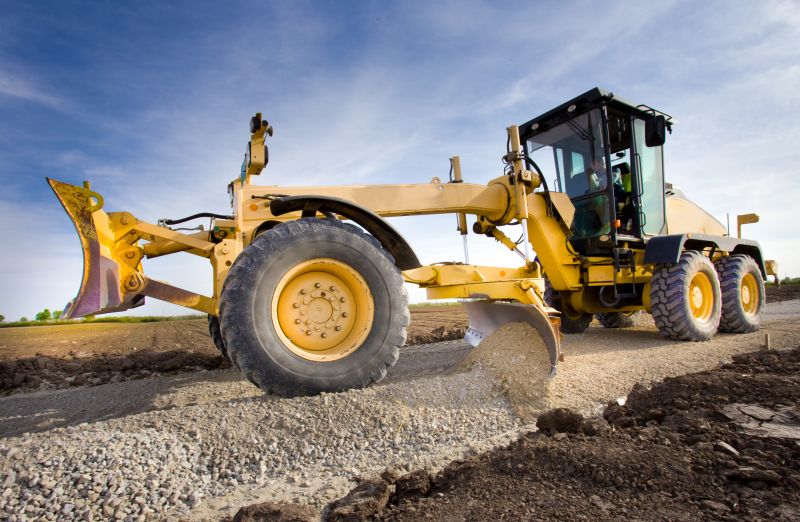
Features heavy machinery such as graders and bulldozers utilized in grading processes.
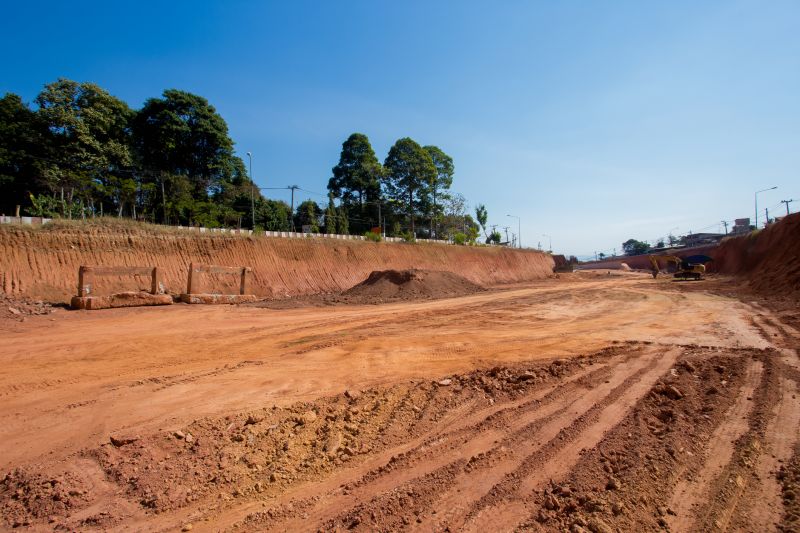
Displays the transformation of a site from rough terrain to a properly graded area.
Statistics indicate that proper grading can significantly reduce long-term maintenance costs by preventing water damage and erosion. Studies show that sites with well-executed grading experience fewer issues related to drainage and soil stability. In residential developments, grading contributes to landscape aesthetics and property value by creating level surfaces and proper slopes.
Understanding the Grading Process
The grading process typically begins with site assessment, where the existing terrain is evaluated to determine the necessary modifications. This is followed by planning the grading design to meet drainage and stability requirements. Heavy equipment is then used to reshape the land according to the plan, with continuous adjustments to ensure accuracy. Final inspections verify that the grading meets project specifications and local regulations.
Hiring a professional for grading services ensures that the work is completed efficiently and accurately. Experts utilize specialized equipment and techniques to achieve precise slopes, proper drainage, and soil stability. This reduces the risk of future issues such as erosion, flooding, or structural damage, ultimately saving time and costs associated with repairs or rework.
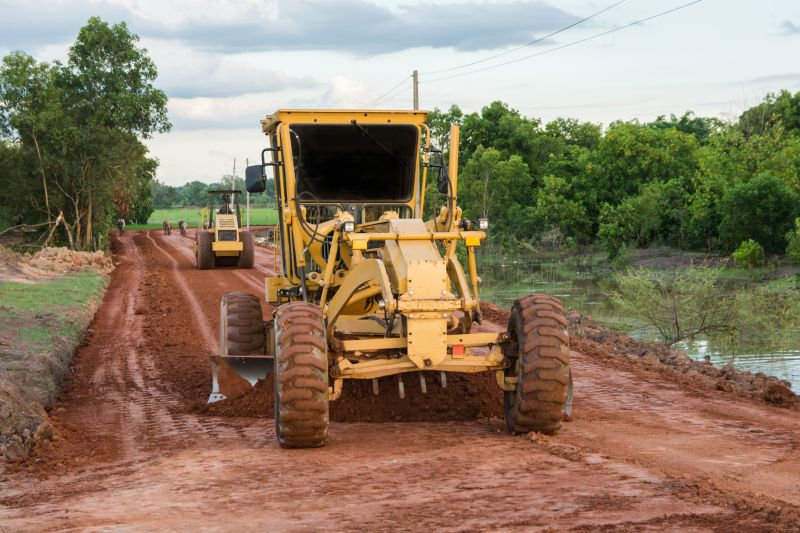
Shows professionals operating machinery to shape the land.
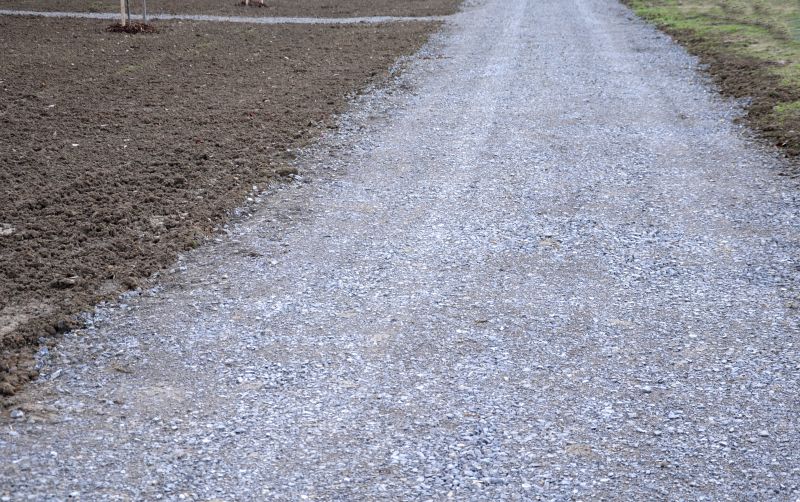
Displays a site with smooth slopes and proper drainage features.
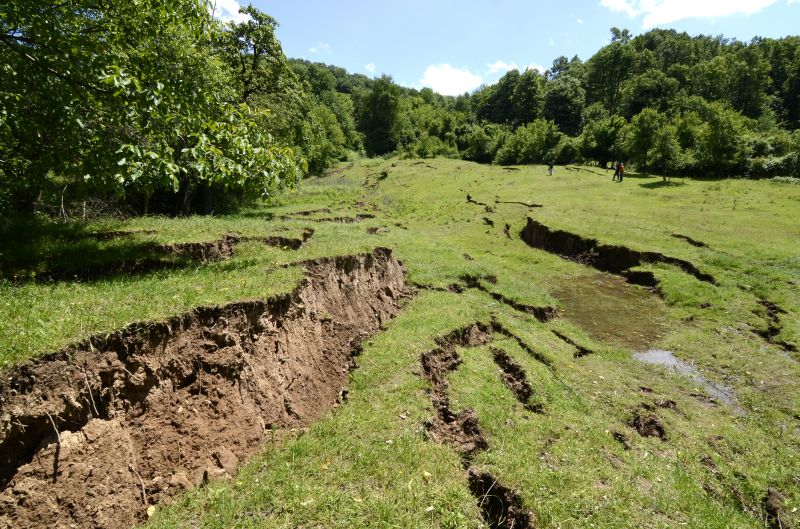
Highlights techniques used to ensure long-term stability.

Depicts the creation of drainage pathways to manage water flow.
The duration of a grading project varies depending on the size and complexity of the site. Smaller residential lots may be completed within a day or two, while larger commercial or industrial sites might require several days or weeks. Professional graders assess the scope of work beforehand to provide accurate timelines, ensuring minimal disruption to ongoing construction activities.
Engaging experienced professionals guarantees adherence to local codes and standards, which is essential for the safety and longevity of the project. Properly graded land enhances the effectiveness of subsequent construction phases, including foundation work, landscaping, and paving. It also helps prevent costly issues related to improper drainage or soil movement in the future.
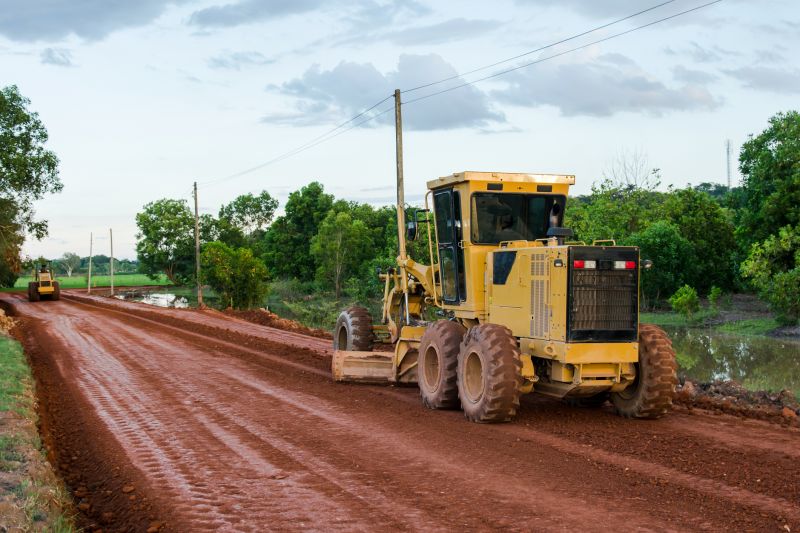
Shows uneven terrain prior to grading work.
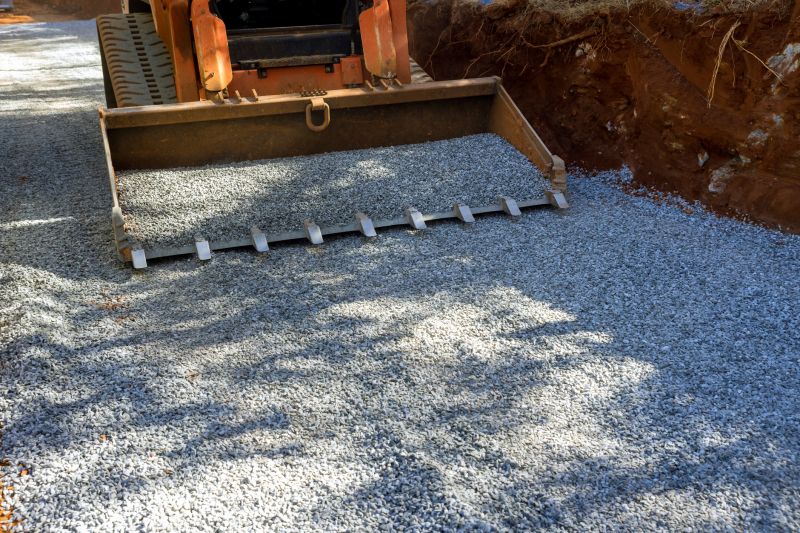
Features machinery used for precise land shaping.
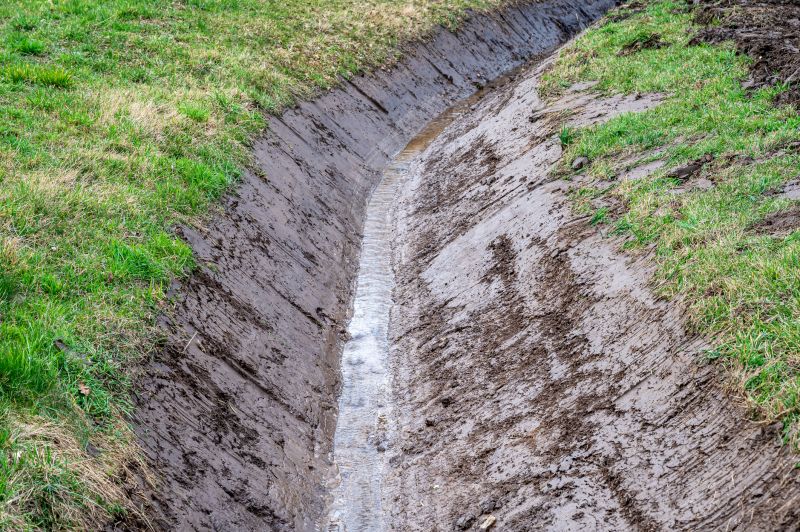
Displays an effective drainage setup after grading.
Contact today to receive a detailed quote and learn how professional grading can benefit your upcoming project. Filling out the contact form provides an opportunity to discuss specific needs and project scope with knowledgeable experts in the area.
